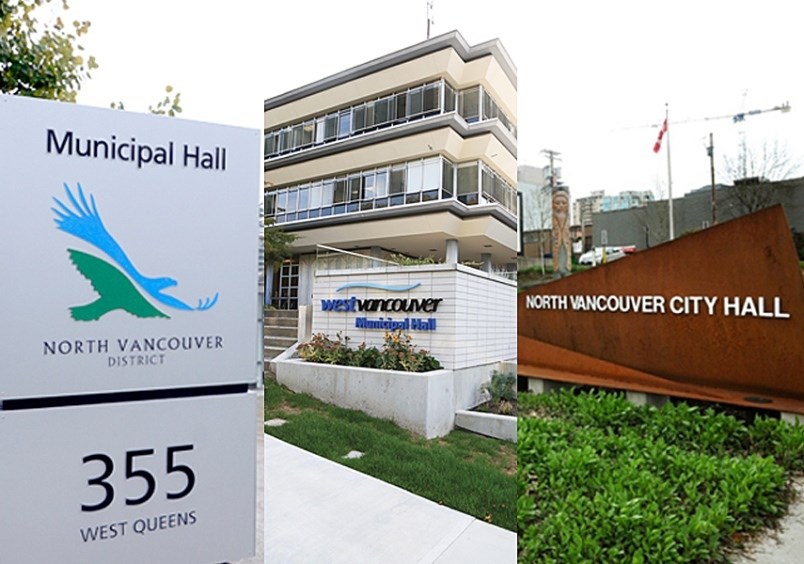The North Shore’s municipal finance departments are breathing a sigh of relief as the vast majority of property taxes have been paid on time.
In April and May, all three councils scrambled to chop their budgets and search for contingencies in the event COVID-19 would leave property owners unable to pay their taxes and municipalities without enough cash flow to pay for essential staff and services.
As of July 6 (two business days after the deadline) 70.6 per cent of West Vancouver’s residential tax revenues had arrived, not too far off from what would be expected in a normal year, according Isabel Gordon, director of finance for West Vancouver.
“The cash flow prospect is now very good. At the time when we were first hit with the pandemic and everything was closing down, we really didn’t know whether people would be able to pay their taxes or not,” she said. “If the taxes didn’t materialize, it would have been very difficult to keep going. ... Even though we closed a lot of things down, there were still expenditures that had to be paid.”
Gordon said the municipality had been bracing for a drop in construction permit revenues, but they too have stayed steady.The influx of revenue means the district can turn its attention to how to safely begin restoring services.
“I’m very appreciative of the community coming and paying,” said West Van Mayor Mary-Ann Booth. “I think we’re in a better position now with that level of payment. It’s a good new story.”
As of the July 2 due date, 85.5 per cent per cent of homeowners in the City of North Vancouver had paid their taxes, down from 89.6 per cent last year.
City spokeswoman Connie Rabold said the city wasn’t sure what to expect, given the unique state of people’s finances in 2019.
“However, given the impact of the pandemic and the extended payment due dates, the residential numbers are impressive,” Rabold added.
In the District of North Vancouver, 93.9 of residential property taxes are in the bank.
Taxes owed by business and industrial property owners are lagging, However, that was to be expected as the province did grant businesses an extension until Oct. 31.
In the City, 76.6 of businesses taxes have been collected by the due date, compared to 93.4 per cent in 2019. For light and heavy industrial, 62.2 per cent have been paid, compared to 88.2 per cent the year before.
In the District of North Vancouver, 59.3 per cent of business and industrial taxes have been collected.
Only 14 per cent of West Vancouver’s business taxes have so far been paid, however commercial properties make up a much smaller portion of the overall tax base compared to the other municipalities.
For those who have been able to pay, all three North Shore councils have tweaked their penalty scheme. The province requires a 10 per cent penalty, but the municipalities have opted to backload most of the penalty until the end of September. They are also hitting pause on the provincial requirement to seize and sell any properties with delinquent taxes for 2020.
The total number of residential property owners choosing to defer their taxes in 2020 dropped across the North Shore, although that may be because of confusion caused by changes made to the province’s application forms, according to finance staff.



